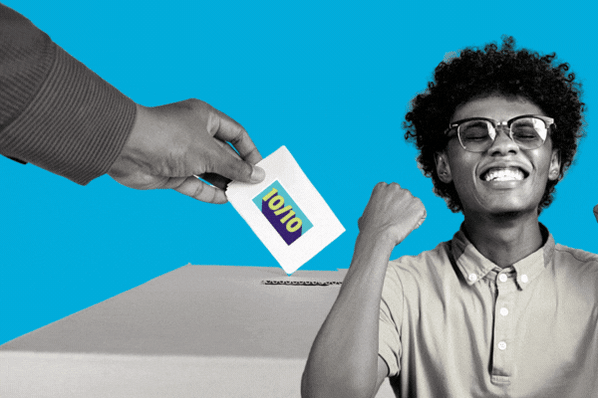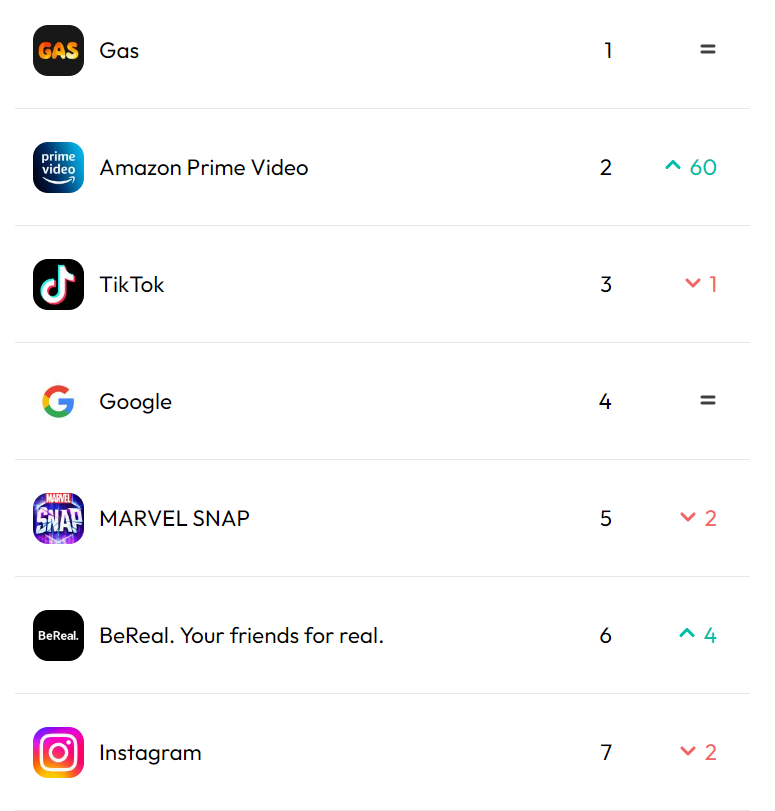The premise behind the new app Gas is to encourage users to compliment (or gass) their classmates. The app allows users to give their friends and classmates compliments via surveys anonymously.

No, it's not an app that can tell you what that smell is. Although I'm sure that'd make millions.
This niche, tight-knit and personal approach to social media accounts for the growing popularity of Gas- it allows for anonymous users to send compliments, built around a localization function.
Remember: personalisation due to location is a marketing tactic which works. For example, Geofencing marketing is a location-based marketing technique which allows you to connect with smartphone users in a designated geographic area, such as a store, through mobile apps or mobile web pages.
So, geofencing is a way for you to speak directly to your ideal customer when they use their smartphones in places they frequent.
Users can get away with old stereotypes about social media with Gas, an app focused on cultivating optimism on a more intimate social network.
"I think people like it because it's positive. You can't create the questions and polls, so you can't say who has the worst smile, or who do I hate sitting next to in lab. It's very geared towards making sure people don't feel bad when they log on and vote on these polls," says Wall Street Journal personal-tech reporter Ann-Marie Alcántara.
And the app is building an algorithm specifically to create this positive effect.
"One of the co-founders did tell me that they created this algorithm, that if you're not being voted in polls, they're going to start surfacing your name more so you don't feel left out," Ann-Marie continues.
While anyone can sign up, Gas is mainly targeted at teenage users, particularly because users can select their high school to create a friends list which includes only other students at that school. Gas has amassed over 500k downloads since August, though it is launched only in 12 states thus far. The app is currently seeing around 10,000 users, who are answering one million surveys an hour.
Currently Gas is beating traditional social platforms like Instagram and TikTok on the app store leaderboard:

A new wave of popularity for the more positive social media platforms, like Gas and BeReal (which also features on the leaderboard), will be a welcomed trend for existing platforms.
Gas seems to be a part of the new wave of social media apps emphasising authenticity and smaller social networks - such as BeReal, a platform which allows posting once per day for two-minute windows.
Some users might see this similar to BeReal, since that is different too, but Gas keeps your identity anonymised unless you go up to the "God" mode.
When talking to our CEO Carlos on the future of social media, Steven Bartlett stressed the growth of similar, closed platforms.
This stems from Steven's ability to understand community. He acknowledges and analyses existing groups, where they live online, and how they interact and grow. And community has never been more important than now.
When he started, it was all about building public communities, building followers. The big shift over the last ten years has now moved from the building of public followers on Facebook, to dark social private communities. Brands that understand this, and try to capture this opportunity today, will own the future of social media, according to Steven.
But what does this mean?
“Reddit,” says Steven. “You’ve seen what's happening on Reddit at the moment in terms of communities. Discord. Discord wasn’t a thing two years ago, now all of my companies that are in this building today are moving communications over to discord.”
“I’ve got a telegram group where almost 10M people follow me, that I can text everyday. There’s no middleman deciding how much reach I get there”.
People are choosing privacy, people are choosing anonymity. That’s a macro shift, he says. There's a move from the days where every message between friends was posted on their wall, for the world to see. Brands need to understand this shift, and develop strategies that keep this development in mind, of private, close communities.
“I would love to see a brand build up their community on discord or telegram”
